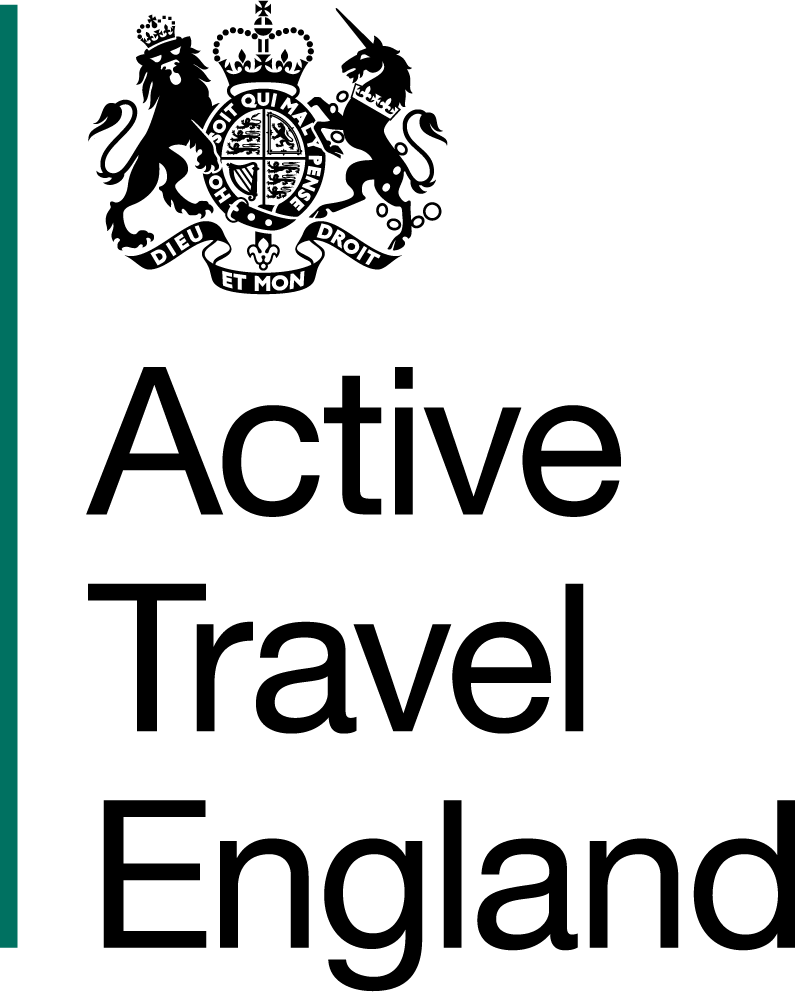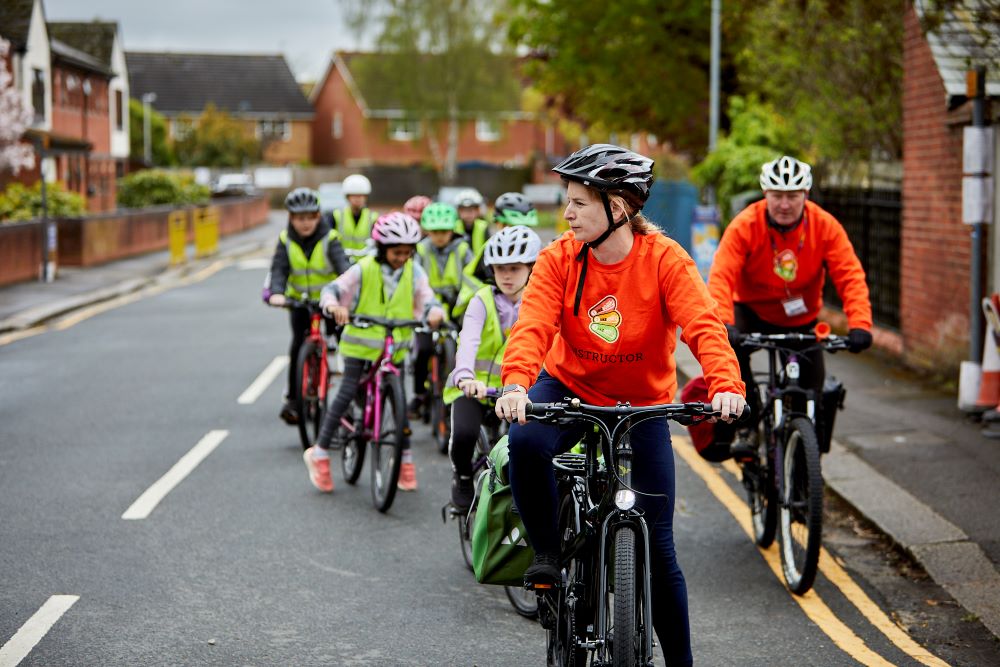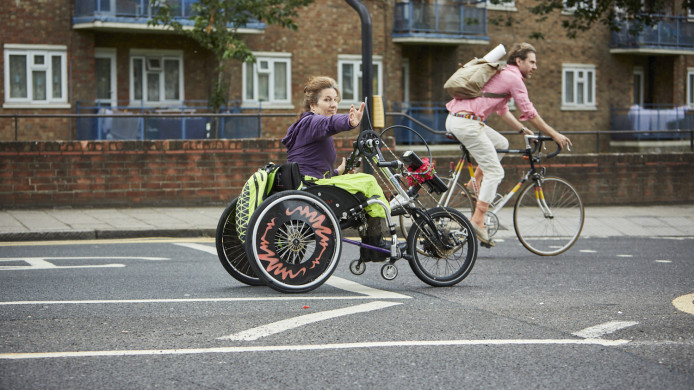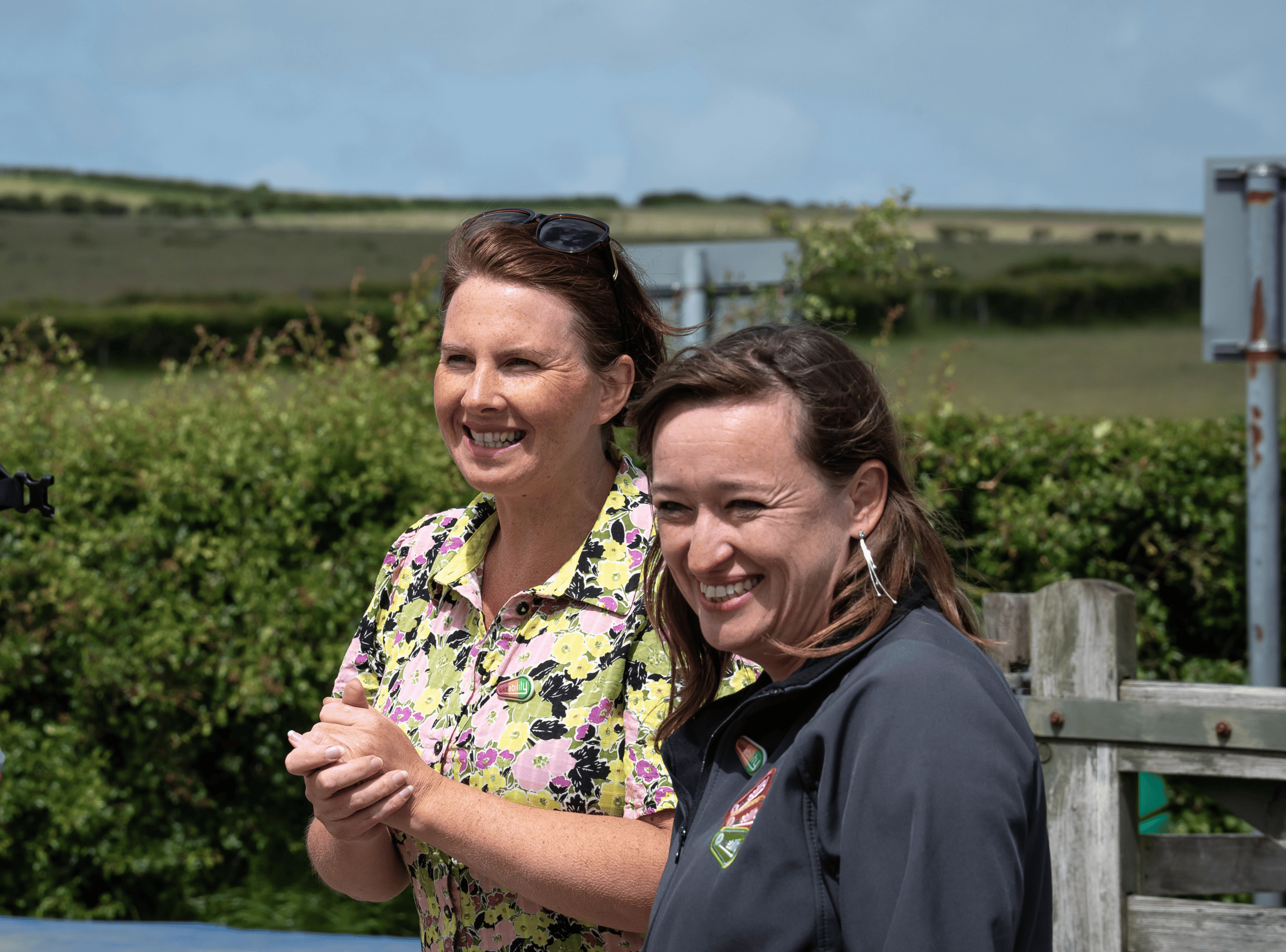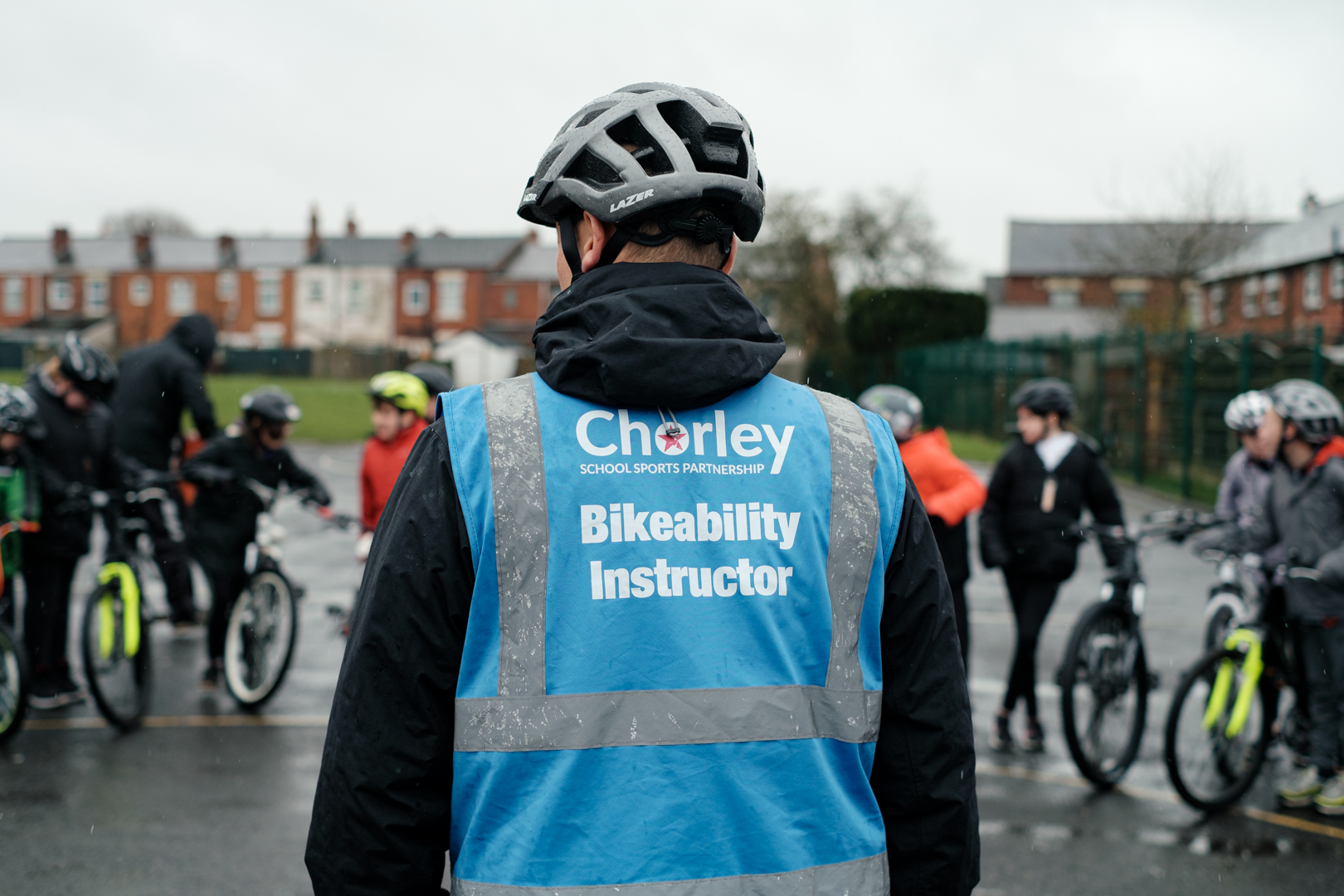The Public Accounts Committee (PAC) have published their report into the hearings they held with Active Travel England (ATE) and the Department for Transport (DfT) around the ambition and funding for active travel. It is clear in its assessment that Government will miss its targets for active travel given cuts to funding.
You can read the full report here.
Key findings from the report
The Government is not on track to meet objectives to increase rates of active travel by 2025
The report warns that funding cuts made this year by the DfT could hold back objectives to increase active travel, including cycling and walking.
The DfT’s efforts to increase active travel have seen disappointingly slow progress
Objectives include a doubling of cycling rates, and a 6% point increase in the proportion of children walking to school. There has been no sustained increase in cycling rates, and fewer children now walk to school than when targets were set.
The Government hasn’t done enough to understand the impact of money spent on active travel
£2.3bn in taxpayers’ money has been spent on active travel infrastructure between 2016 and 2021. Too little is known about the quality of the infrastructure that has been built.
Greater certainty on funding is needed
The report calls for local authorities to be provided with greater certainty about the funding available for active travel to enable them to invest in and deliver long-term, ambitious active travel interventions.
Active travel should be integrated into the public transport network
DfT has not yet taken essential steps to properly integrate active travel into the public transport network, for example enabling people to safely walk to bus stops or take their bike on the bus.
Bikeability in the PAC report
Bikeability is mentioned multiple times, and they quote the evidence we submitted to the committee throughout the report. There is a recommendation on Bikeability in the report:
“DfT has not set out how it plans to expand its Bikeability programme and increase the rate of children and adults receiving cycle safety training. Bikeability is an important part of how DfT promotes active travel to children and adults and ensures people have the confidence to cycle safely. DfT plans to continue to fund the programme, but it has not yet agreed a business case for the programme. The amount of funding that will be provided in 2023–24 is still uncertain, but DfT expects that it will be less than anticipated in the 2021 spending review, due to the current challenging fiscal environment. DfT told us that its planning for how to expand the Bikeability programme is ongoing. Once plans are in place, it will take time to expand the programme and to find and train the instructors needed. We are concerned that this lack of planning may lead to delays in delivering the training, particularly if funding is provided at short-notice and instructors cannot be found in time. DfT has committed to reviewing the Bikeability programme over the next 12 months with the intention of producing a simpler product that is easier for instructors to deliver.
“Recommendation 7: As an urgent priority, and within three months, DfT needs to set out a clear plan for its Bikeability Programme with a revised business case, including the funding it will make available to the programme over the remainder of the investment period to March 2025.”
Our response
ATE have already met the recommendation made above, with a record £50 million in funding to enable us to offer cycle training to every child by 2025. Every child means 80% of children in Year 5 or 6 are offered a Bikeability Level 1&2 combined or Level 2 course.
To ensure we achieve this, the Bikeability Trust is already innovating and reviewing the programme to identify where we can support our industry to reach as many children as possible. We are working with grant recipients, training providers and instructors to understand where the shortfalls are and how we can best channel the funding for the biggest impact.
As we move forward with this ambitious plan, we will need more instructors to help provide Bikeability to as many children as possible. Recruitment for instructors is something we are actively working on strategies to try and attract more people into the industry.
Moving forward
The Bikeability Trust has been preparing for this moment for a long time, through repeated submissions to DfT about what is needed in order to achieve this ambition and target. Much of our work over the last three years has been putting in the place and that’s why our strategy has been focused on some of these key areas of development and improvement:
- L2AICT review: standardizing training for all new instructors
- Recognised Prior Learning: focusing on quality coaching
- Get Cycling in schools: embedding Bikeability in the school, and improving outcomes for L 1 & 2 by embedding cycling in the school curriculum
- Lobbying for Bikeability on the curriculum: this is now in the Department for Education school sports action plan
- Instructor training for sports coaches: piloting with professional football clubs across the football league to bring in a new cohort of experienced sports coaches to improve instructor capacity
- Digitisation: better data on impact of Bikeability (e.g. the outcomes children achieve, parent/carer perception, likelihood of cycling for short journeys)
- Instructor bursaries: to support the targets for delivering Bikeability to every child
- Targets: Giving LHA’s targets of the numbers of children to reach
- Updated Cycle Training Delivery Guidance: a comprehensive guide to ensure all instructors have the support they need to delivery cycle training consistently
All this will feed into is the review that will create the submission for a comprehensive spending review expected in 2024, subject to political change.
The report is positive news for Bikeability, as it agrees with many points we have been making for years – to make sure every child has the opportunity to complete Bikeability training, we need more funding that is consistent and long term. We are delighted with the £50 million multi-year settlement we have achieved, and need to say a massive thank you to ATE for this record funding and for putting Bikeability at the heart of their mission.
This is a real win, but we still need the support of our industry to make sure Bikeability, and active travel, stay on the agenda and continue to get the funding and backing that is vital. Your voice and input is crucial in showing how valuable cycle training is to our children and our communities. Thank you, as ever, for all that you do.
